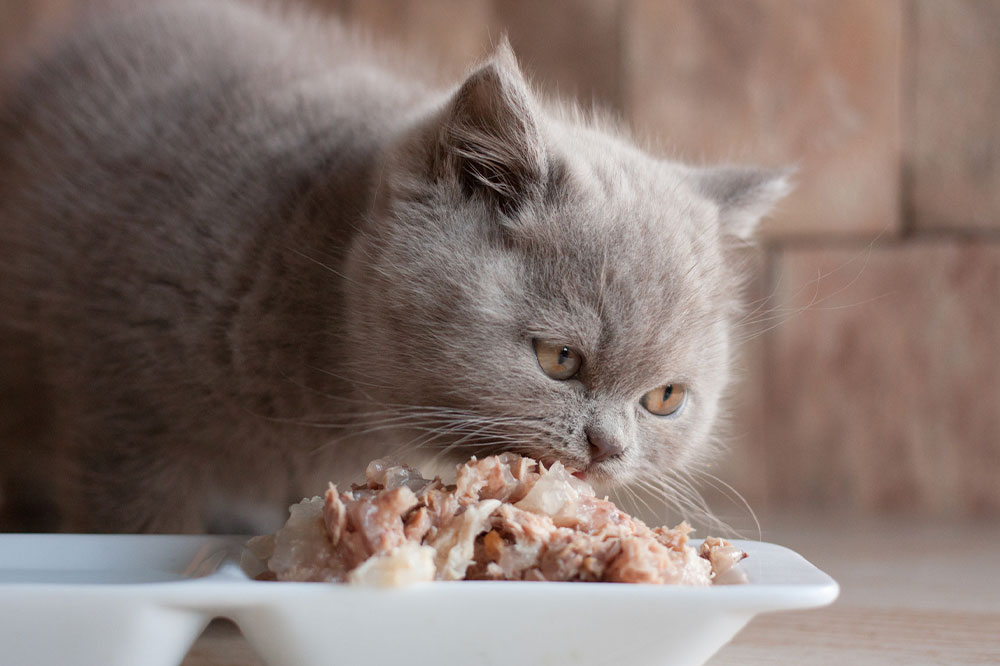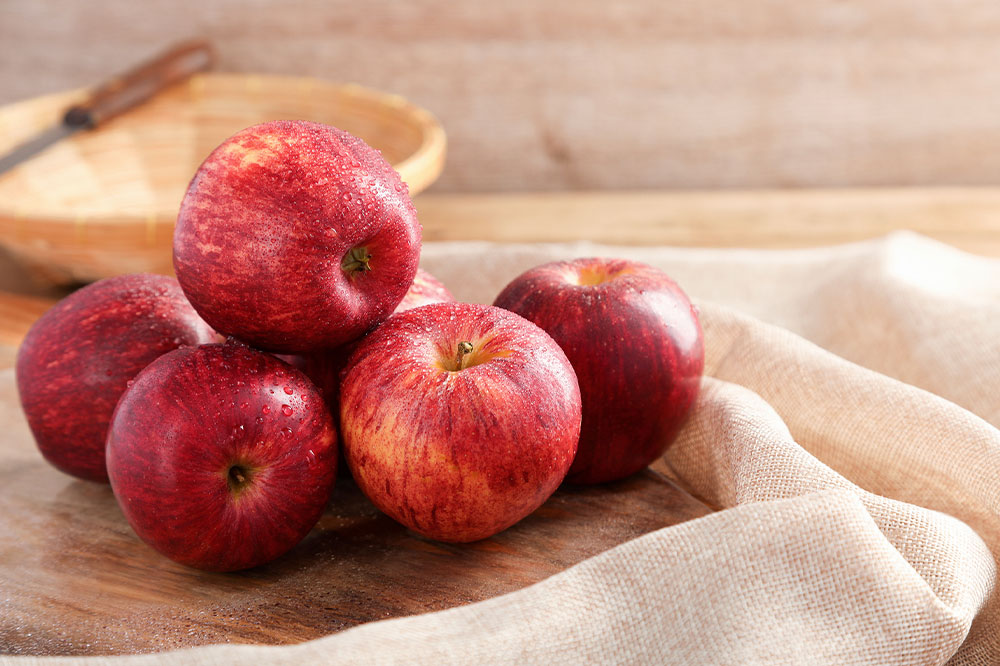10 foods to avoid when dealing with atrial fibrillation

Atrial fibrillation is a condition characterized by rapid, irregular heartbeat or arrhythmia, which begins in the heart’s upper chambers or atria. As less blood is pumped out of the atria, it can accumulate in this region, causing blood clots and increasing the chances of developing a stroke. In addition to timely treatment, a healthy lifestyle and meal plan can help one recover from atrial fibrillation. Here are some foods people with the condition should avoid:
Processed foods
Processed foods contain salt in large amounts, so they can increase sodium levels in the body. High blood pressure and heart disease are common consequences of a high-sodium meal plan. So, those with atrial fibrillation should avoid processed foods like frozen pizza and extremely salty foods like fries, chips, and burgers and replace them with healthy carb and fat sources.
Red meat
Although red meat is an excellent source of iron and protein, it is rich in saturated fats, which can increase the risk of developing heart diseases and aggravate atrial fibrillation symptoms. So, when dealing with atrial fibrillation, one should limit their red meat intake, replacing it with lean meat sources like poultry and venison.
Sugary foods
Studies have demonstrated that those with type-2 diabetes are more susceptible to developing atrial fibrillation than those with normal blood sugar levels. Further, excessive sugar intake has been associated with cardiovascular conditions. People with atrial fibrillation should avoid foods and beverages containing excessive sugar. So, soft drinks, baked goods, and desserts should be strictly limited or avoided.
Caffeinated beverages
Caffeinated beverages like tea and coffee directly affect the nervous system and heart. So, one may experience an increase in heart rate following caffeine intake. As those with atrial fibrillation already have an irregular heartbeat, caffeine intake may worsen their condition. While tea and coffee in limited quantities may act as antioxidants for the body, one should limit caffeine as much as possible while dealing with the condition.
Breakfast cereals
Ready-to-eat breakfast cereals are highly processed and contain a lot of sugar and artificial flavors. As discussed earlier, excessive sugar intake can increase the risk of heart issues, exacerbating the symptoms of atrial fibrillation. It is best to replace such packaged, instant cereals with breakfast options containing whole grains, dairy (if not lactose intolerant), fruits, nuts, sprouts, eggs, and more.
Leafy greens
Although leafy greens are packed with vital nutrients, they are also rich in vitamin K, which plays an integral role in blood clotting. The main symptom of atrial fibrillation is the clotting of blood in the atria, so foods rich in vitamin K can aggravate the condition. However, as vitamin K is an essential nutrient for overall well-being, these foods should be limited and not entirely avoided.
Grapefruit
Grapefruit contains naringenin, a strong chemical that can hamper the effectiveness of treatment prescribed for atrial fibrillation. Although more research is needed to substantiate this claim, those with AFib must consult their doctors before adding grapefruit to their meals.
Aged cheese
Aged cheese varieties like aged cheddar, blue cheese, Swiss cheese, and parmesan cheese are high in tyramine, an amino acid that can elevate blood pressure and contribute to the worsening of atrial fibrillation. Cheese made from pasteurized milk contains lower levels of tyramine and is healthier than aged cheese for those with the condition.
Pickled foods
Similar to aged cheese, pickled foods also contain high levels of tyramine and can worsen atrial fibrillation symptoms. So, those with the condition should avoid foods like sauerkraut, pickled peppers, kimchi, pickled beets, and pickled cucumbers.
Deep-fried foods
Deep-fried foods not only increase the cholesterol levels in the body but also lower the concentrations of good cholesterol. They also increase the risk of cardiovascular diseases. So, one should avoid deep-fried foods like donuts, fries, fritters, and falafels when dealing with AFib.
In addition to avoiding foods that worsen atrial fibrillation symptoms and following the prescribed treatment course, one should add healthy foods to their meal plans. Whole grains, fruits, vegetables, lean meats, nuts, and beans can replenish the body with the required nutrients and reduce the risk of cardiovascular diseases. Further, one should make certain lifestyle changes while dealing with the condition. For example, identifying and eliminating stressors, maintaining a healthy sleep cycle, exercising regularly, and ensuring portion control can contribute to a healthy heart and reduce the susceptibility to lifestyle diseases.






